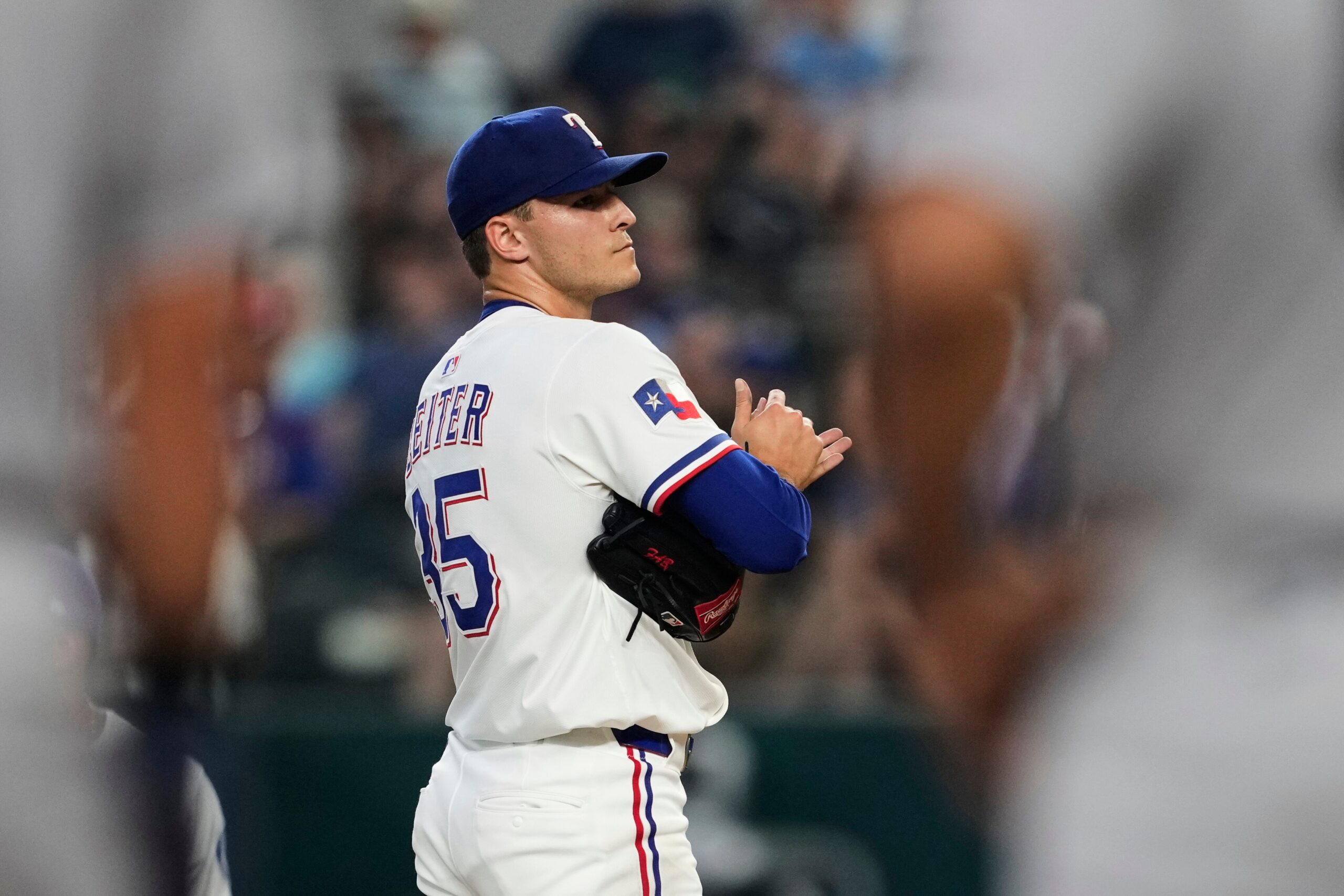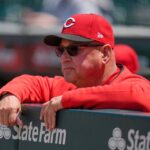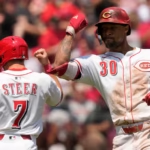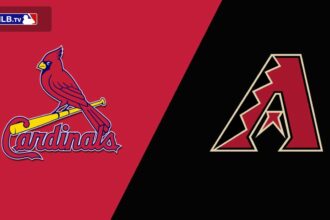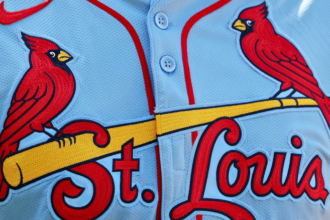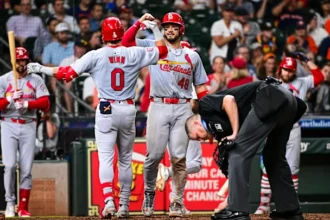John Burkett pitched a complete game in the Rangers’ 1996 ALDS Game 1 victory over the Yankees, marking the franchise’s first-ever postseason win.
The former Rangers pitcher recently appeared on The Dallas Morning News’ SportsDay Rangers podcast with longtime beat writer Evan Grant and team historian John Blake.
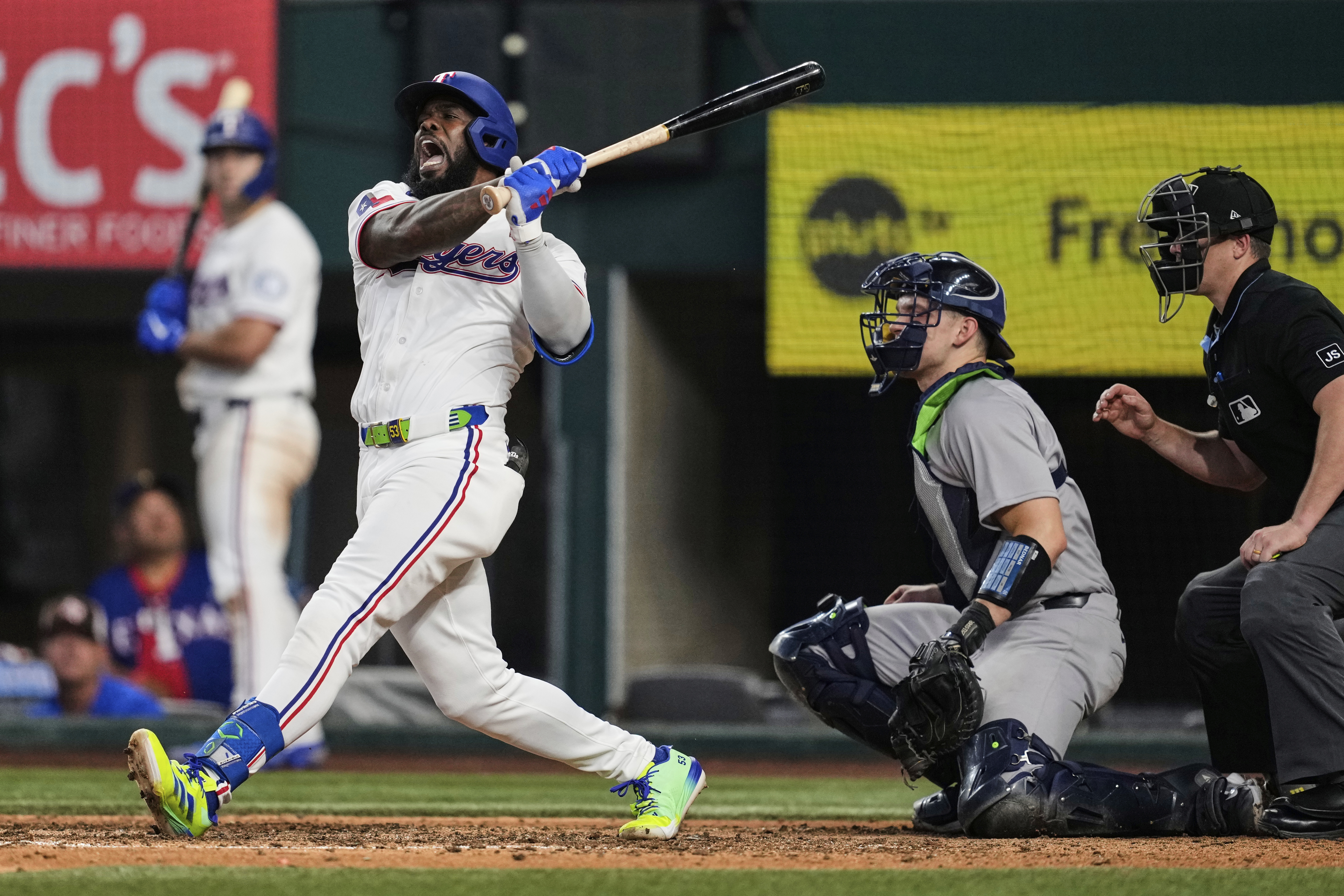
They talked about Burkett’s place in team history as the first Rangers pitcher to notch a playoff win, as well as his life after baseball—including his successful transition to professional bowling.
Burkett, who grew up in Pittsburgh, said he picked up bowling at a young age because there wasn’t much else to do in the winter. His father bowled, so he followed suit, joining junior leagues at age eight—the youngest age allowed. While baseball took up his summers, bowling filled his winters.

Now a regular on the senior bowling tour, Burkett competes against legends like Pete Weber, Norm Duke, Brian Voss, and Parker Bohn III. He said his lifelong dream was to see if he could hang with the best—and he’s proven he can, having earned two national titles, including one just three weeks ago.
When you were pitching, did certain teams put restrictions on you bowling in the offseason?
/cdn.vox-cdn.com/uploads/chorus_image/image/17581567/153319528.0.jpg)
Burkett shared that during his rookie year with San Francisco, he received an unexpected invitation to bowl in a Professional Bowlers Association (PBA) event. He explained, “I got a letter in the fan mail I personally handled, inviting me to the Pinole Valley Open in January 1991. Since I’d bowled my whole life, I accepted right away without worrying about how the Giants might react.”

However, Giants executive Al Rosen wasn’t thrilled and later told him that bowling in the PBA wasn’t allowed. But since Burkett went ahead before asking for permission, it turned out to be a case of asking forgiveness rather than permission—and it worked out in his favor.

When asked about the pressure of joining the Rangers in 1996 during a pennant race, Burkett recalled, “The night I was traded, I was packing my bags while Gil Heredia gave up a home run in Detroit. I can’t fully remember the next game because I was traveling, but I pitched the following Sunday in Toronto when we had a one-game lead.”

He added that coming from the Marlins, who were 18 games out of first place, to a Rangers team just one game back felt like gaining 17 games in the standings overnight. Burkett said he was thrilled to join a competitive team and especially happy to reunite with Bobby Witt, who made the experience even better. He was grateful to leave Florida — though he noted with irony that the Marlins would go on to win the World Series the following year.
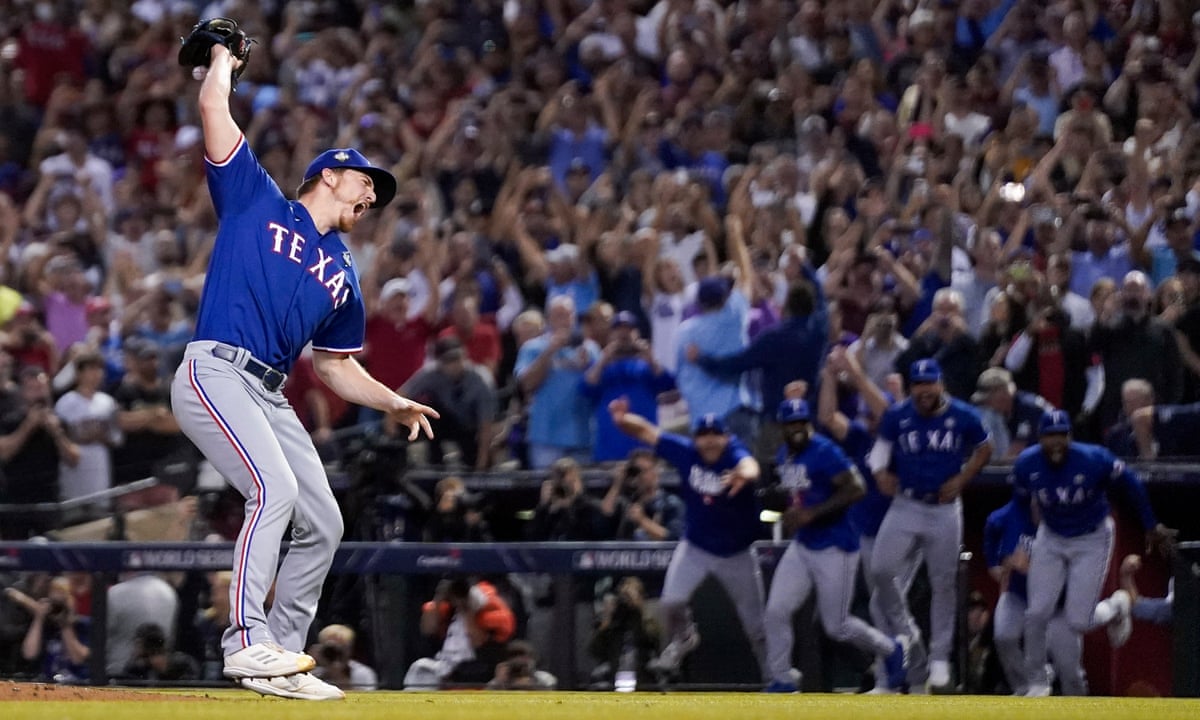
As competitive as you are, both a competitive bowler and as a major leaguer, was it not so much the pressure you felt, but the excitement when the trade was made that sent you to the Rangers’ playoff push?
Burkett said he was really excited to be thrown into such a high-pressure situation. Naturally, there were some nerves, and he wanted to make an immediate impact. Luckily, sometimes everything just clicks, and that game in Toronto was one of the best he ever pitched—a six-hit shutout on a Sunday getaway day.

He explained how winning on getaway day is special in the majors because the whole team boards the plane happy, enjoying a few drinks as they travel to the next city. That positive atmosphere helped him feel instantly accepted by his new teammates and quickly find his comfort zone.
Do you remember anything about your emotions or where your head was throughout the game?

Burkett said that while everyone claims postseason games are just like any other, which is somewhat true, he always welcomed the responsibility—even if his talent didn’t necessarily suggest he should. He wasn’t the most naturally gifted player, but he had confidence in himself and didn’t let worry creep in.
When starting a game, he’d arrive on the field about 20 minutes early, spend roughly 10 minutes doing long toss, and then throw around 15 pitches in the bullpen to get ready. He preferred not to overthink the game—just get loose in the clubhouse, joke around, and stay relaxed. But once the game began, he was fully focused and prepared to perform.
